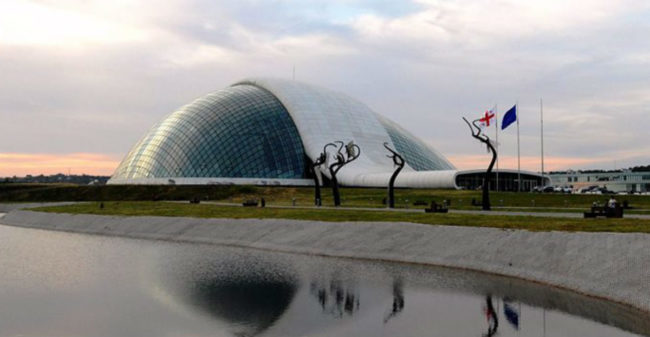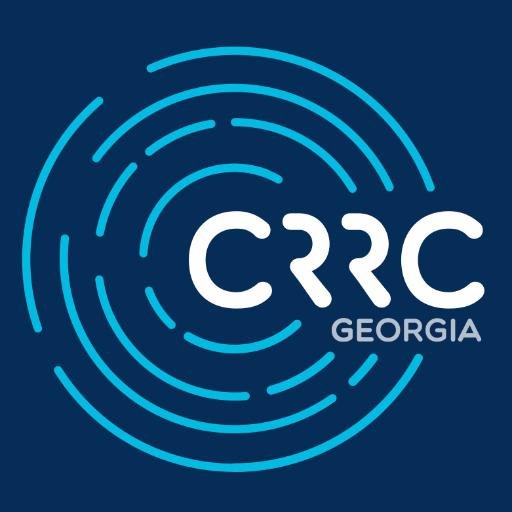


 After 10 months of discussions, Georgia’s parliament adopted amendments to the constitution on 29 September, and overrode the president’s veto on 13 October.
After 10 months of discussions, Georgia’s parliament adopted amendments to the constitution on 29 September, and overrode the president’s veto on 13 October.
The most widely discussed amendments were changes to how the president is elected, self-governance principles, the definition of marriage, the sale of agricultural land to foreigners, the minimum age of judges, and the country’s foreign policy.
Because of the importance of the changes, a high level of public awareness should be expected. However, despite public meetings and media coverage of the issue, according to the CRRC/NDI survey from June 2017, a majority of the population was not aware of the constitutional reform process.
Survey fieldwork was conducted before the process of amending the constitution finished. People were asked whether or not they were aware that the State Constitutional Commission had adopted a Draft Revision of the Constitution. Thirty two percent of those questioned answered they were aware, while 60% stated that they were not. Of those who said they were aware, only 39% said they felt they had enough information about the proposed changes. Moreover, only 6% of people who were aware of the changes said they thought the changes fully reflected citizens’ opinions, and 47% said they partially reflected citizens’ opinions. A third (32%) said the proposed changes did not reflect people’s opinions at all.
People living in the capital were better informed compared to people living outside the capital. Notably, only 13% of people living in ethnic minority settlements reported being aware of the constitutional reforms.
Younger people and those with lower levels of education were less aware of the constitutional reforms. Only 26% of people between the ages of 18 and 35 said they were aware. By comparison, 33% of people between the ages of 36 and 55 and 37% of those 56 and older said the same. Similarly, only 19% of people with secondary or lower education were aware of the changes, while 34% of people with secondary technical and 50% of people with tertiary education said they were aware.
Besides differences by age and the level of education, people naming different political parties as closest to them reported being aware of the process at different frequencies. Those who named Georgian Dream — Democratic Georgia, the Alliance of Patriots, and Bakradze-Ugulava — European Georgia were more informed than people who said that the United National Movement (UNM) or Georgian Labour Party were closest to them. The UNM’s and Labour Party’s supporters were least aware of the process surrounding constitutional amendments.
Awareness of the constitutional reforms was low even after public meetings were held to discuss the changes.
Younger people, people with secondary or lower education, and people living outside Tbilisi were less informed about the process compared to older people, people with tertiary education, and people living in the capital.
The low level of awareness is especially striking in ethnic minority settlements and among people who named the United National Movement as the party closest to them.
As for attitudes towards the changes, a majority of those who were aware felt they did not have enough information about the process, and thought that the draft constitution either partially reflected, or did not at all reflect citizens’ opinions.
The data used in this blog post and other survey data is available at CRRC’s Online Data Analysis portal.
This article was written by Tsisana Khundadze, a Senior Researcher at CRRC-Georgia. The views presented in this article are the author’s alone and do not necessarily reflect the views of CRRC-Georgia, the National Democratic Institute or any other related entity.








